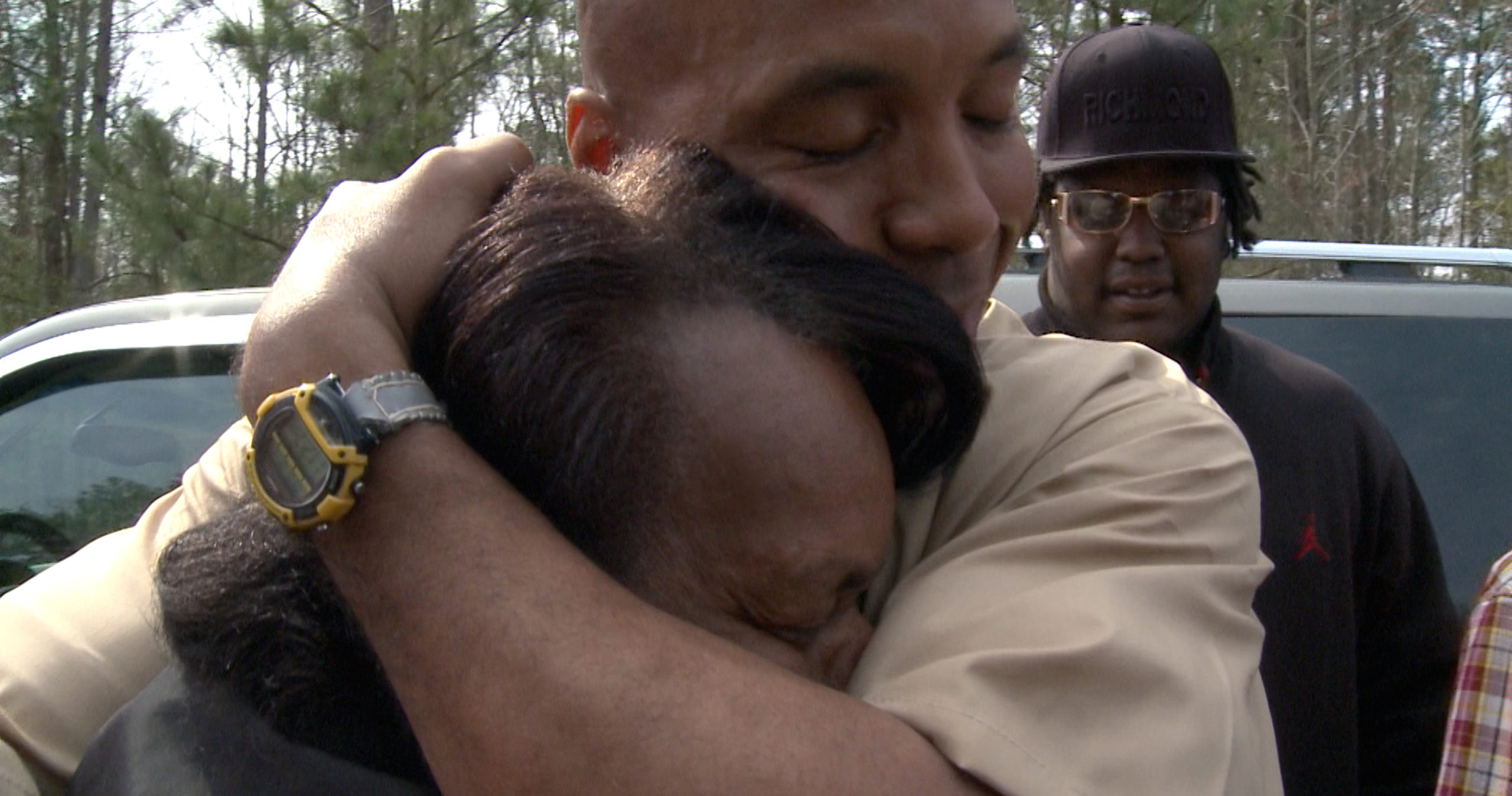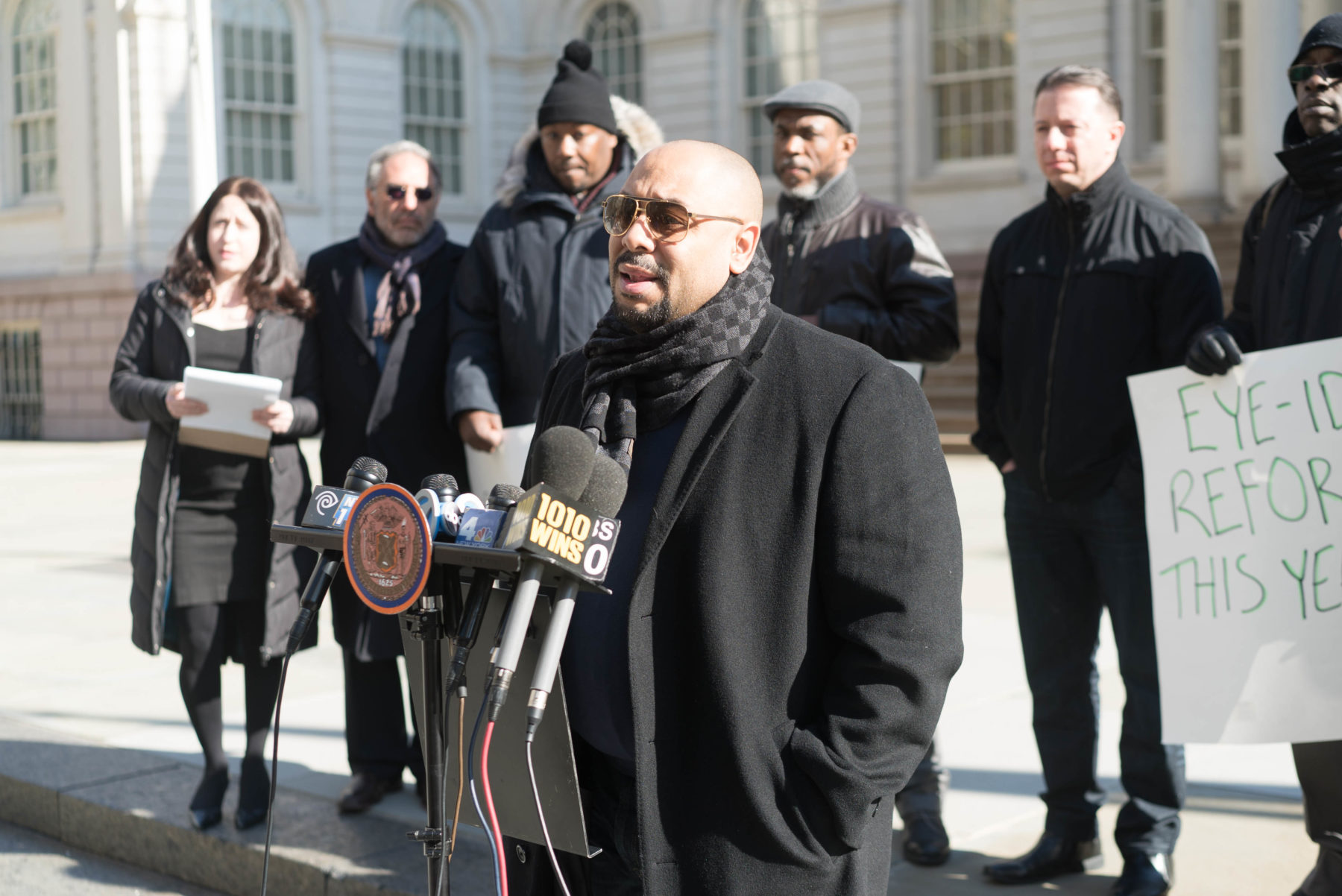Join Our Conversation with Thomas Haynesworth of “The Innocence Files” on Virginia’s Groundbreaking New Innocence Laws
Learn about the recently passed innocence laws in Virginia on Thursday, May 7 at 3 p.m. on Facebook Live.
04.30.20 By Innocence Staff
Thomas Haynesworth, featured on the “The Innocence Files” docuseries, will join Virginia House Majority Leader Charniele Herring (D-Arlington), the Mid-Atlantic Innocence Project, and University of Virginia (UVA) Innocence Clinic client Darnell Phillps on Thursday, May 7 at 3 p.m. for a Facebook live conversation on groundbreaking new Virginia innocence laws that passed this April. Sign up to join the Facebook live event here.
Haynesworth, who was represented by the Mid-Atlantic Innocence Project and the Innocence Project, spent 27 years in prison for crimes he did not commit. What you might not know is that he barely won his bid for exoneration because Virginia has some of the toughest laws in the country for overturning wrongful convictions.
This month, state lawmakers made the most significant improvements to those laws in over a decade. On April 9, the governor signed a measure sponsored by Majority Leader Herring to fix the “writ of actual innocence” law and another bill to improve access to DNA testing.
Haynesworth was convicted of a series of sexual assaults in Richmond and Henrico counties in 1984 based almost entirely on eyewitness misidentification. In 2009, DNA testing on evidence from one of the assaults matched to a serial rapist named Leon Davis. After a reinvestigation, the Attorney General and local Commonwealth’s Attorneys concluded that Davis had also committed the other assaults and asked the Virginia Court of Appeals to grant Haynesworth a writ of actual innocence. As he waited for a decision, Haynesworth was granted parole in March 2011, but continued living under restrictions as a registered sex offender.
Nine months later, the Virginia Court of Appeals narrowly granted his writ in a 6-4 decision. Haynesworth’s case showed that even when law enforcement agrees that a person is innocent, it is extremely difficult to overturn a wrongful conviction in Virginia. In 2018, the Virginia Supreme Court made that even more difficult in DNA cases when it ruled that DNA testing had to be conducted by the state laboratory, which lacked advanced technology needed to get results in older evidence.


Great job! Thanks for fighting for justice in. Virginia. The Virginia Beach prosecutor’s office encrypted evidence on a blue ray disc and refused to put it on readable CDs. Is this legal? They say the person who did it no longer works there so there is nothing to be done. We need this evidence! What do we do?